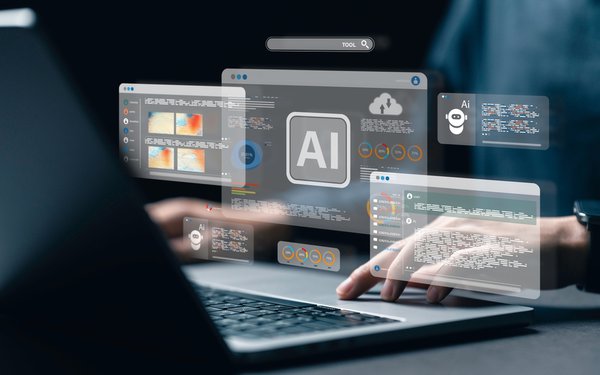
It needn’t be argued that personalization
is essential for today’s marketers. But how good are they at it, and where does AI fit in?
They're not bad, and AI can play a great role, judging by The Use Of AI To Advance
Personalization In 2024, a study by Ascend2.
Of the marketers surveyed, 24% say their personalization is best in class, and 71% feel they are somewhat successful. Only 5% feel their
personalization is unsuccessful.
That said, 23% expect that AI will have a significant impact on their personalization in the next year, and 46% foresee a moderate
one. But 22% feel there will be little or no effect, and 9% are not sure.
In general, marketers see great benefits resulting from the use of AI in
personalization:
- Improving predictive analytics for customer behavior — 55%
- Enhancing dynamic content creation and optimization —
54%
- Enabling real-time adjustments based on customer interactions — 49%
- Refining segmentation and targeting strategies —
38%
- Streamlining A/B testing — 23%
But there are challenges to using AI for personalization:
- Lack of skilled
personnel to implement AI solutions — 48%
- Concerns about data privacy and security — 46%
- Complexity of AI algorithms and technologies —
42%
- Data quality and accessibility issues — 36%
- Integration challenges with existing systems — 33%
advertisement
advertisement
Where is personalization most effective? Marketers say:
- Website — 53%
- Email — 48%
- Organic social
— 25%
- Mobile apps — 24%
- Paid social — 23%
- Landing pages —
23%
- Live chat — 19%
- Organic search — 18%
- Paid search — 17%
- SMS —
17%
However, the primary benefits of a successful personalization strategy have changed slightly.
The top three benefits are increased revenue
(55%,, up from 50% in 2023), increased customer retention (48%, down from 50% last year) and improved customer experience (45%, down from 51% last time).
Ascend2
surveyed 355 marketing decision makers during the wee of March 17, 2024.